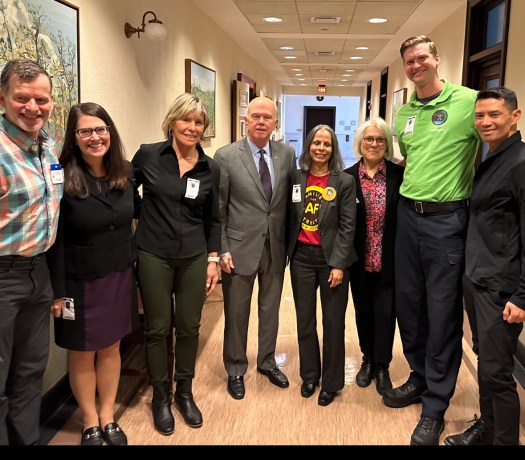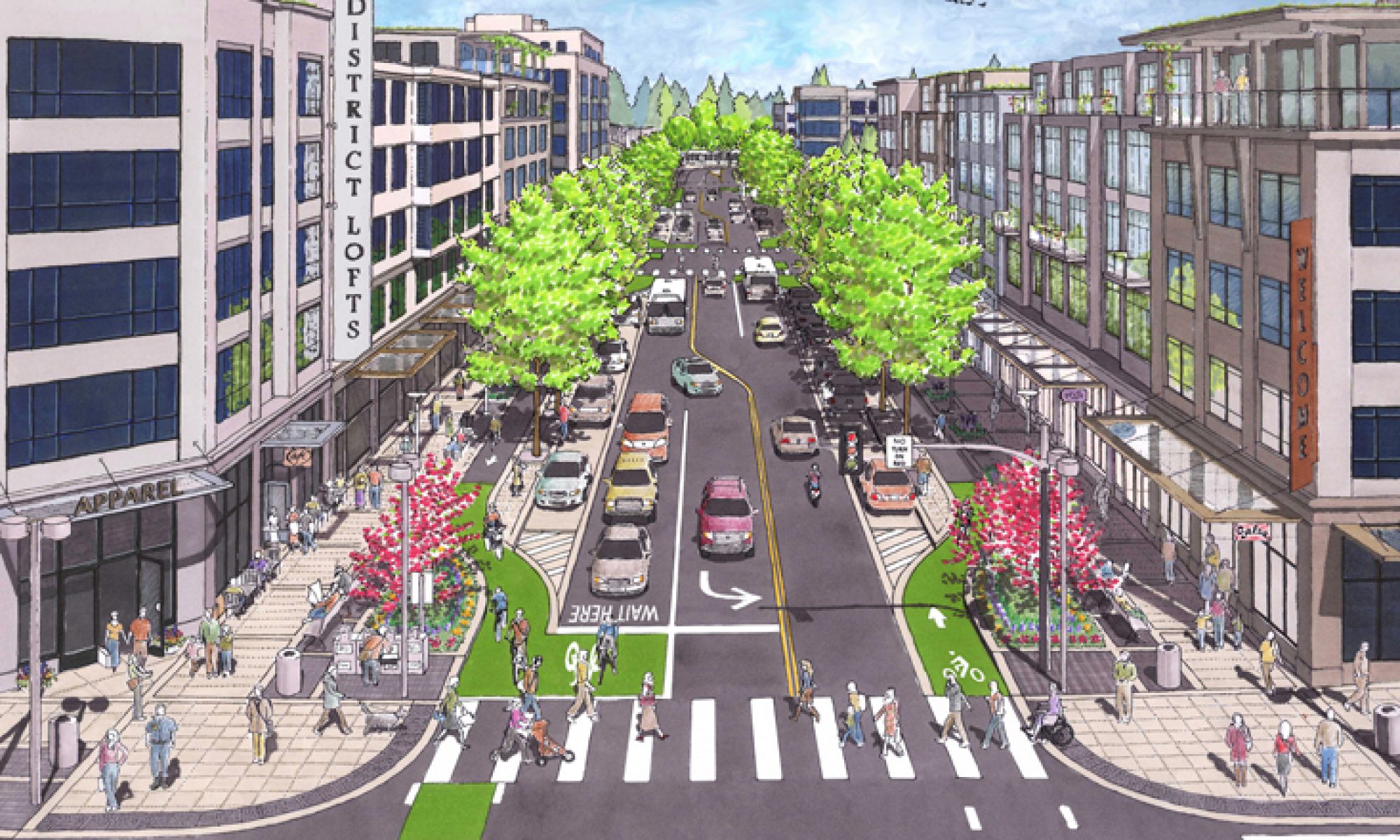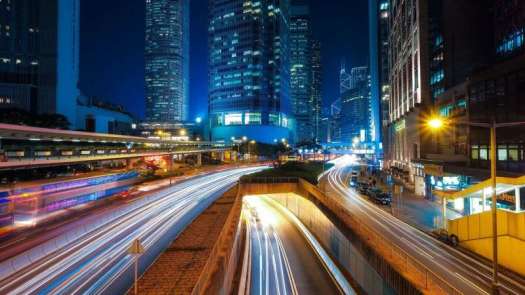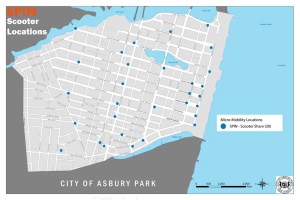Hello supporters~
I was honored on Thursday, 2/15 to be among other equitable mobility advocates giving powerful testimony in favor of a strong Target Zero Commission.
We all urged the very receptive Senate Transportation Committee to establish the Target Zero Commission to include a commitment for an action plan and timeline in Bill S361 sponsored by @patrickdiegnan
Contact Senator Patrick J. Diegnan Jr
Listen to the recording of the meeting, including testimony for Target Zero Bill 361 at 49:00. Prior is great testimony on other transit issues, including the (really bad) E-Bike Bill: S4132.
Senate Transportation Meeting Thursday, February 15, 2024
This Commission will provide leadership and encourage municipalities like Asbury Park to craft policies and implement safety measures to make streets safer for everyone. (Scroll down to read my testimony.)

Additionally others among us testified against the really bad E-bike/e-scooter Bill S4132 requiring licensing and registering low-speed e-bikes and scooters.
Why Every E-Biker Should Be Worried About NJ’s Proposed Micromobility Insurance Law Additional testimony was given on the terrible e-bike and scooter insuring, licensing, and registering bill.
Take Action to Protect Access to E-Bikes in New Jersey

Here’s my testimony today, February 15th for the NJ Target Zero Commission, and Bill S361:

I’m Polli Schildge, a founding member of Asbury Park Complete Streets Coalition.
*APCSC initiated a city wide movement to urge the city to implement the road diet on NJ Rt 71 Main St. It’s better, but still not great. There is still so much more to do.*
We’re happy to support the NJ Target Zero Commission, and Bill S361, including a commitment to an action plan with a specific timeline for implementation of road safety measures.
In the past few years our city has experienced a Renaissance, which has resulted in increased traffic, speeding, and drivers ignoring traffic signals and signs.
At the same time nearly half of residents are at, or under the poverty line, which is almost twice the national average. Many residents don’t own cars, and rely on walking or rolling as their primary transportation.
Road safety really is an issue of equity. *Everyone walking or rolling or driving has to cross NJ State Highway, Rt 71, our Main Street which bisects the city, to travel east and west. Driver behavior is terrible, and speeding is rampant.*
When I came upon the site of a recent crash and fatality of a person on a bike, all that remained was debris, and the squashed bike tossed to the side of the road. There was no news report on the crash or the person whose life was lost.
*I walk and bike by choice, not necessity. But many people walk and bike because they have no choice. – mothers with children, and elderly struggling to cross Rt71. I recently witnessed 2 people on bikes in the crosswalk, in a left turn hit and run, and learned of another person hit on a bike in critical condition.*
The social, economic, physical and mental repercussions of crashes is a true human health crisis, disproportionately affecting communities like Asbury Park. When anyone is killed or seriously injured in a crash, families under financial stress might be displaced, causing a ripple effect, and straining resources in the city itself.
*We don’t have accurate crash data – crashes are unreported because people may be undocumented or have criminal records.*
PSAs, signs, education, and enforcement don’t change human behavior. The ONLY way to reduce and ultimately prevent crashes, injuries and deaths is to change the built environment.
Everyone deserves to get around safely, especially the most vulnerable road users – I used to think it meant elderly, or children – but it really means everyone outside of a car.
Driving is a privilege, not a right. We all deserve the right to equitable mobility, which can be achieved by implementing policies, and building infrastructure to enhance the health of our communities, and most importantly, to save lives.
This Commission will provide leadership and encourage municipalities like Asbury Park to craft policies and implement safety measures to make streets safer for everyone.
Thank you.
Onward~
Polli Schildge
Editor APCSC






















